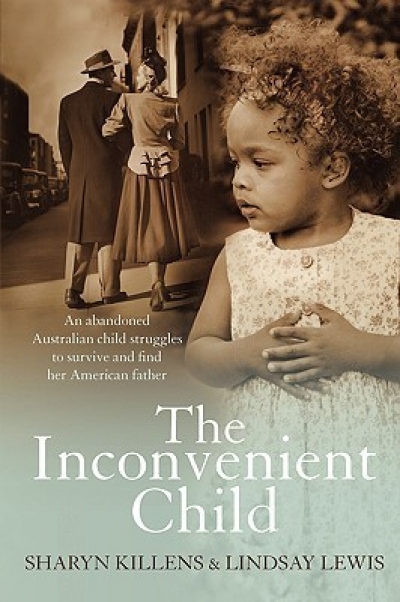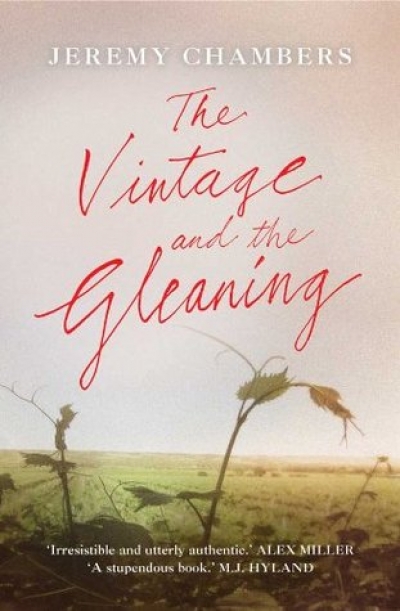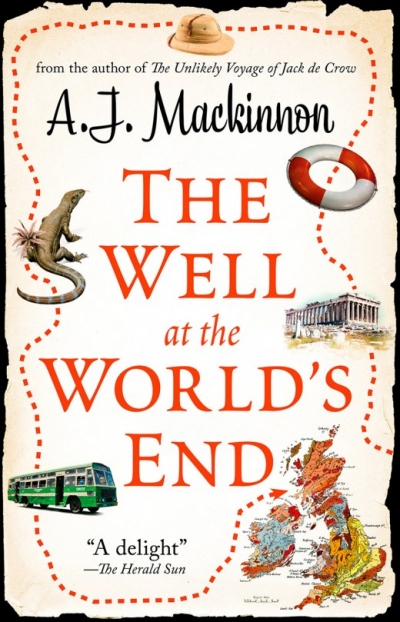Archive
Southerly, Vol. 70, No. 1 edited by David Brooks and Elizabeth McMahon
by Simon West •
The Master: The life and work of Edward H. Sugden edited by Renate Howe
by John Rickard •
Australia Dances: Creating Australian dance 1945–1965 edited by Alan Brissenden and Keith Glennon
by David Tissiman •
Australian Literary Studies, Vol. 24, No. 2 edited by Leigh Dale
by Adam Gall •
Bonobo Handshake: A memoir of love and adventure in the Congo by Vanessa Woods
by Tony Wheeler •
Death or Liberty: Rebels and radicals transported to Australia 1788–1868 by Tony Moore
by Peter Stanley •










